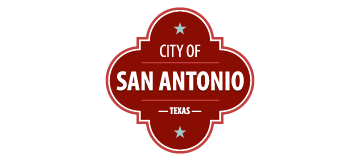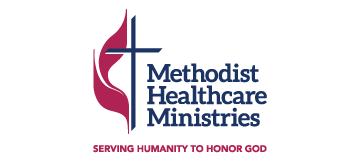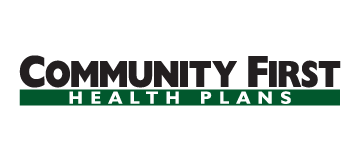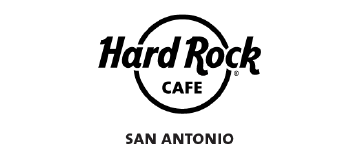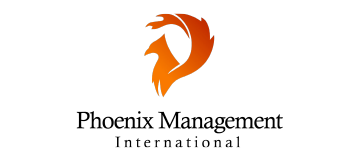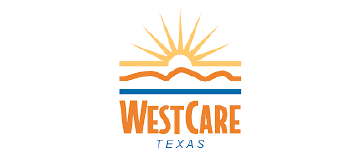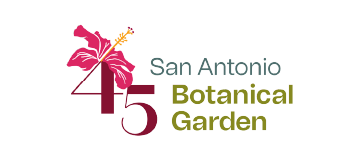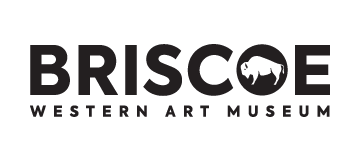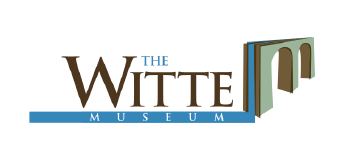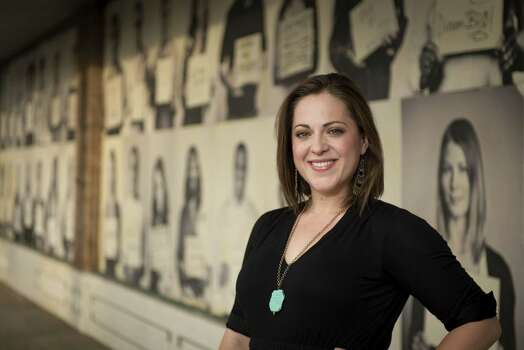
By Elda Silva : July 30, 2013
Sarah Brooke Lyons had practical reasons for shooting her portrait series “1005 Faces” in black and white, including maintaining visual continuity.
More important, however, she wanted people to look — really look — at her subjects, each photographed holding a piece of placard inscribed with a short personal message.
“With a black-and-white image, you’re sort of forced to look at certain things,” said Lyons, who began the project in February to document the cultural diversity in San Antonio. “You’re not going to look at skin color. You’re not going to look so much at outfits. It forces you to look at the character of the face, and it forces you to look at the words.”
A mural of images culled from the series was installed recently at the former home of the Texas Highway Patrol Museum in Southtown. While there are a couple of familiar faces in the crowd — Hello, Spurs Jesus! How’s it going, David Robinson? — many look like people you might cross paths with at the grocery store or Starbucks.
Lyons, 30, started working on the project after taking photographs at a series of events held in conjunction with DreamWeek, a summit focusing on issues facing multicultural communities.
“I was inundated with diversity, and I came away with so many images,” she said. “I was talking with a friend of mine, and he said, ‘You probably have 1,000 really different faces that you could pull out of this, and it would look like San Antonio. It would be this diverse group.’
“I thought that was a really interesting concept, but I wanted to sort of explore that organically, so I took that idea and sort of ran with it.”
Born in San Antonio, Lyons divided her early childhood between Boerne and Harlingen and spent her middle and high school years in Castroville. She briefly attended the University of Texas at Austin before returning to San Antonio, where she has family. At the time, Lyons didn’t want to quit school, but she wasn’t ready to plunge back completely into academic life.
“I thought, ‘I’ll just take photography at (San Antonio College). It sounds really easy,’” she said.
It wasn’t long before she realized she’d found her passion.
“I just became obsessed at that point,” said Lyons, who has a tattoo of a smiley face on the inside of the index finger of her right hand to remind subjects to smile when she clicks the shutter. “It was film, so I was in the darkroom until it would close. They would have to kick me out. It was a kind of therapy for me, developing film and watching paper change and the image produce. I ended up taking all the photography classes they had.”
The bulk of Lyons’ work is business portraits. The freelance photographer also has done work for local publications, and last year, she had an exhibit of her fine art photography — images of Burkina Faso she took while on a missionary trip to the African country with Oak Hills Church.
So far, she has taken about 600 portraits for the “1005 Faces” project, some of them at events hosted by businesses such as The Mighty Group, a marketing firm, Local Coffee and Whole Foods. She chose the number 1,005 because it was more interesting than a round 1,000.
“(It) makes you stop and think and wonder and get curious and ask questions and stay engaged a little bit longer,” she said.
Lyons isn’t necessarily trying to accurately reflect San Antonio’s demographics — “Whatever happens,” she said — and a scan of her Facebook page reveals images that seem to skew toward young urban professionals. But she is interested in capturing members of certain subcultures. And she has an eye on certain public figures and community leaders.
“I want some punk rockers, and I want some of the medical community and some wounded warriors and some military,” she said. “And then there’s some key people I want to get like Graham Weston and Max Lucado and the mayor and his brother.”
The idea behind the signs in the portraits was to give each subject an opportunity “to contribute, really making it community art,” Lyons said. “It’s just whatever anybody wants to write, as long as it’s not vulgar.”
Shokare Nakpodia, creative director of The Mighty Group and founder of DreamWeek, boiled down his message to the essentials.
“I always think I have a lot to say, but it had just come after DreamWeek and mine was just two words — ‘Dream big,’” he said.
A native of Lagos, Nigeria, Nakpodia has lived in San Antonio for about 10 years. He thinks that “1005 Faces,” like DreamWeek and events such as Luminaria, has the potential to create connections between people living in different points of the city separated by urban sprawl.
“That’s why ‘1005 Faces’ is so important. You have some of the usual suspects, but you have a ton of other people that folks look at and go, ‘Really, this person lives here?’” he said.
Nan Palmero, a business growth expert on staff with the consulting firm Salesby5, is likewise a supporter of the project and a subject.
“I saw some of my friends had gotten photographed by Sarah for the project, and I thought it was really cool, so I just messaged her and said, ‘I think this is awesome. How can I help?’” he said.
For his portrait, Palmero chose to pose with a sign that reads “Rules are ruining your life.”
“There are a lot of rules that are simply in place for the efficiencies of the organizations that are putting the rules in place rather than trying to keep us safe or for a greater purpose,” he said. “’Should we try to go backstage?’ ‘Should we try to get into this event?’ ‘Should we try to ask for the things that we want?’ Yeah, maybe we should. Oftentimes, when we do, people go, ‘Yeah, sure you can do that. Come on!’”
Dayna De Hoyos had no words. Instead the artist, who is a close friend of Lyons, used symbols to reflect her Comanche heritage. The same symbols adorned her wedding dress.
“I think the project is a great vehicle for different parts of the population to merge,” De Hoyos said. “Although we are a melting pot, there are different populaces that don’t mix — not in terms of ethnicity, but in terms of economics. In this art context, everyone’s together in one pot and it’s nice to see that.”
Lyons was able to fund the mural in Southtown with a grant she received from Awesome SA, a group that distributes $1,000 each month “to awesome projects that enhance the San Antonio community.” Eventually, she hopes to have murals around the city.
“San Antonio gets a bad rap for being dull and boring, and I get to meet so many cool people all the time,” she said. “So this is my way of trying to rebrand San Antonio. This is what we actually look like. We’re really interesting people. We have interesting thoughts and interesting things to say, and we’re doing cool stuff.”


